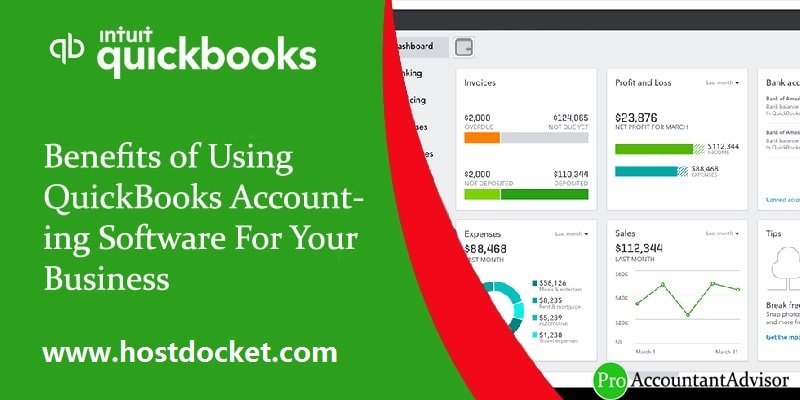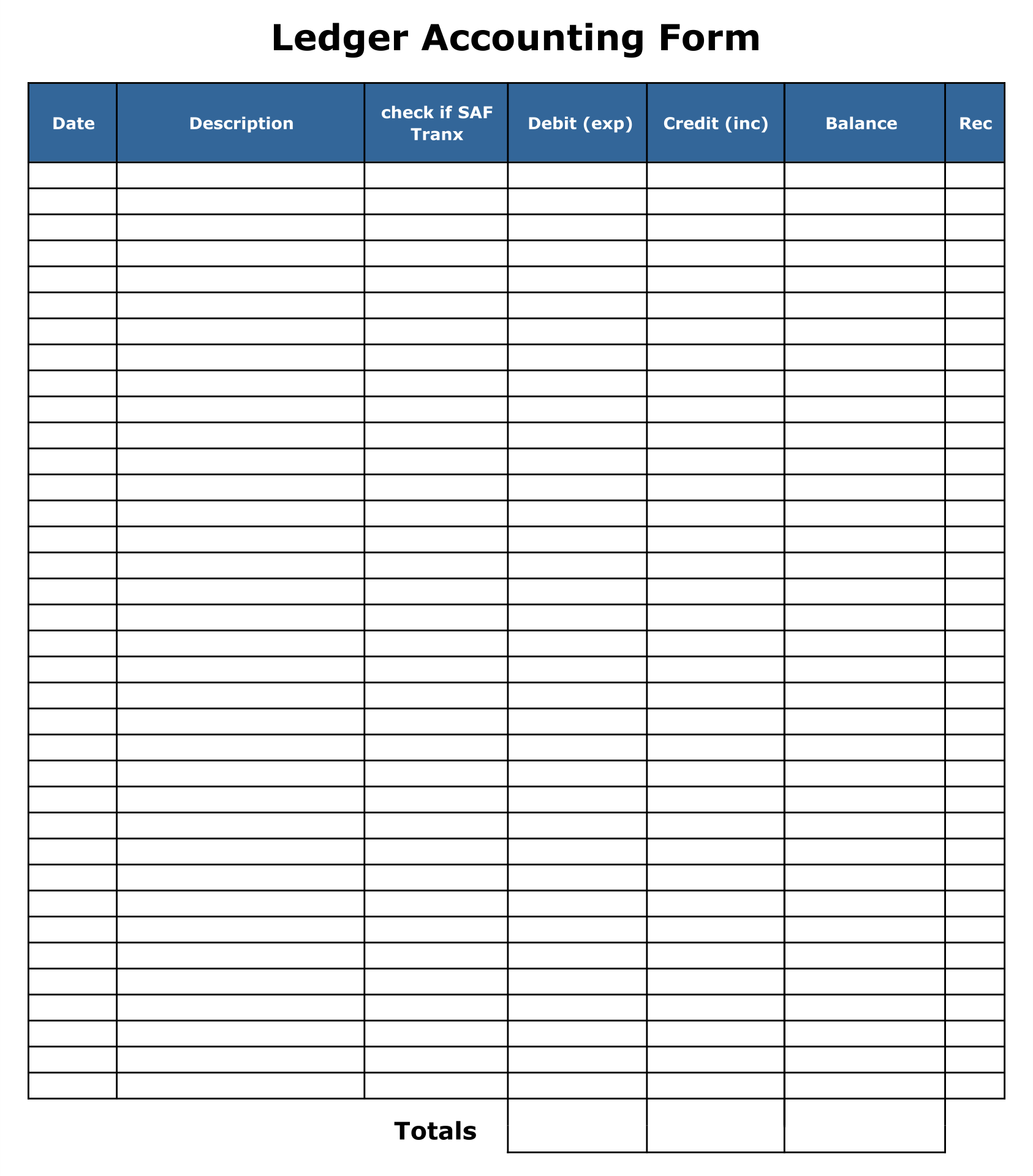
Fiduciary accounting software, specifically designed for managing trusts, estates, and other fiduciary obligations, gives teams a distinct competitive advantage. This article delves into the reasons why adopting such specialized software is not just beneficial but essential for success in fiduciary accounting. Clio Manage stands out as a top choice for trust accounting with its robust set of features purpose-built for the needs of accounting professionals. It seamlessly handles critical tasks like managing client funds and ledgers, processing payments, tracking billable hours, generating compliance reports, and more. We explain key considerations and capabilities needed for trust accounting software, including IOLTA compliance, 3-way reconciliation, and automated transfers, essential for legal accounting software. You can add a trust liability account with an account type of «Other Current Liabilities» and a detail type of «Trust Accounts – Liabilities».
What is trust accounting and reporting, and why is it important?
It produces fiduciary reports in a visual way with a logical and common sense approach. At SoftLedger, we’ve found that the best matches tend to be firms with multiple entities that want access to real-time data and more flexibility. Xero is a small business accounting software that serves virtually every industry, so while it doesn’t have the same focus on the legal industry, it is a widely used accounting software solution. However, larger firms with multiple entities typically find small business accounting software cumbersome as they have to create a separate account for each individual entity.
Native Cryptocurrency Capabilities

This enables trustees and administrators to make decisions informed by the very latest data, helping them to manage the trust’s assets in accordance with their fiduciary duty. These controls may include segregation of duties, authorization protocols, and reconciliation processes to ensure the fiduciary accounting software quickbooks integrity and security of trust accounts. Disbursements from trust accounts involve payments for trust expenses, distributions to beneficiaries, or other authorized expenditures. It is crucial to follow the trust agreement’s guidelines and maintain accurate records of all disbursements.
Do you own a business?
Combining LeanLaw and QuickBooks Online together, a law firm will find itself with a powerful and integrated solution for trust accounting. Trust accounting requires meticulous attention to detail, compliance with specific regulations, and the ability to manage client funds with utmost integrity. Failure to do any one of these things can result in lost clients, lost revenue and even legal consequences, even if the mismanagement of client funds was not intentional or seemed insignificant at the time. Estateably is building the future of trust and estate administration with an intuitive, easy-to-use platform that takes care of manual tasks and significantly streamlines the administration process.
Final thoughts on legal trust accounting in QuickBooks
Real-time mobile access to trust accounting data allows for greater responsiveness and flexibility in managing accounts. Trust accounting refers to the practice of keeping separate track of client funds given in trust and a law firm’s operating funds. This ensures that funds are kept safe and managed with full transparency. Vintti specializes in providing quality accounting and finance talent to businesses.
- When it comes to managing trust accounting for your law firm, working smarter and not harder is your key to success.
- Combining LeanLaw and QuickBooks Online together, a law firm will find itself with a powerful and integrated solution for trust accounting.
- I’m here to help and provide information so you can manage your books for a testamentary trust, JC.
- Security is a prime concern when dealing with sensitive client financial data.
- Users highlight Clio’s flexibility to customize views, automation to reduce manual work, and ability to integrate with other tools through open API.
The version that is now being made available for sale here, called “ACTEC 2012 Quicken Fiduciary Accounting Templates,” was originally designed for use with Quicken Deluxe 2012. It has been tested and is compatible with the currently supported versions of Quicken Deluxe which are 2018 through 2023. It currently is not compatible with Quicken Premier because it will not display the Saved Reports in the Templates. It has also been tested on Quicken Essentials for the Mac 2015 through 2018. We suggest that users of these older versions of Quicken 2012 to 2017 upgrade to Quicken Deluxe Versions 2018 to 2023 before installing the templates. The original setup was recorded as an ITEM linking directly to the Seized Liability Account and was entered as a Sales Receipt so it would be able to go to a Fund (Class).
When done inaccurately, the consequences of bad trust accounting can be severe. Each jurisdiction has its own set of rules and regulations, so you need to be diligent in your processes. While it doesn’t offer advanced features that larger law firms with complex accounting processes require, it is perfect for smaller law offices where a bookkeeper or even the founder is doing the firm’s accounting. We provide actionable advice on how to successfully roll out and adopt trust accounting software firm-wide, including the use of conservatorship accounting software. Law firms that implement trust accounting systems with streamlined reconciliation enjoy greater transparency.
Not only is this often a legal requirement, but it helps to instil confidence and reduce the risk of a dispute arising later on. Fiduciary accounting refers to the management of the trust’s assets and a detailed schedule of a trust’s assets is required. One schedule outlines assets on hand at the beginning of the period and provides a snapshot of the gross value of the estate at the point when the fiduciary assumes responsibility. It’s crucial to record the value of every single asset when you take over management the estate/trust, and to do so as quickly and accurately as possible.
Then, cut a check from the Trust/Escrow bank account to the business (law firm, or?), using the Funds Held in Trust (Escrow) account on the expense tab of that check – with the client name in the name field on that line. TrustBooks also has simple pre-set workflows designed to help non-accountants streamline their accounting processes. If you do have more advanced needs, it integrates with other tools like LawPay and Clio for more advanced needs. However, Clio isn’t a standalone accounting software as it offers integrations with Xero or QuickBooks Online to execute more advanced accounting processes. Small business accounting software is also built for business owners that need an easy accounting solution, so it’s not flexible or customizable, which makes it difficult for more advanced users to leverage. Small business accounting software can be an efficient solution for smaller, single-entity firms – and we include several on this list.
